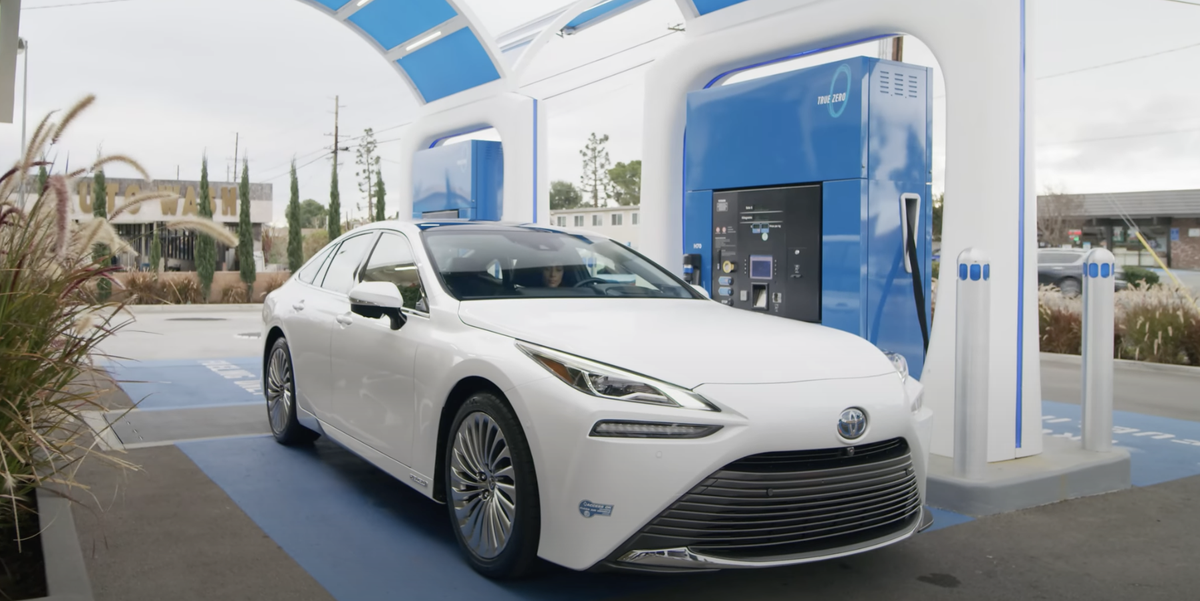Total waste of money. They are even less practical than all EV cars you plug in for hours.
A quick summary...
Hydrogen Fuel-Cell Vehicles: Everything You Need to Know
They’re related to electric cars, but have pros and cons that make them very different.
BY
JOHN VOELCKER PUBLISHED: SEP 26, 2022
"You may hear that hydrogen is the most common element in the universe. At the atomic level, that's true—but hydrogen is never found in its pure state. It's always combined with other elements. Its strong propensity to bind with anything in sight makes it a good energy carrier.
Creating pure hydrogen for vehicles requires using a great deal of energy to "crack" a compound like natural gas (CH4) into pure H2, with CO2 as a byproduct. (Most hydrogen today is derived from fossil fuels like natural gas.) Run through a fuel cell, the hydrogen immediately gives back that energy, in the form of electricity, as soon as it combines with oxygen. Out of the exhaust pipe comes only water vapor (H2O)."
###
The challenge for automotive engineers is that hydrogen fuel cells are happiest at a steady power output. That’s what makes them suitable for backup power use, for instance. But the power demands in the average car vary by an order of magnitude, from something like 15 kilowatts (20 horsepower) to keep a vehicle at a steady highway speed on a flat road to perhaps 10 or 20 times that amount for maximum acceleration to 60 mph or higher.
The fuel cell in the Toyota Mirai, the best-selling hydrogen car in the U.S., is rated at 90 kW (120 horsepower). But that's not enough to accelerate onto a fast-moving highway, so Toyota (as do other HFCV makers) adds in a high-voltage low-capacity battery, very similar to those used in
gasoline-electric hybrid vehicles. It's there to supply supplemental power for short periods of intense acceleration, and it's recharged from either excess fuel-cell output when the car is cruising at a steady speed or via regenerative braking when the car slows. The three hydrogen cars sold in recent years all have EPA-rated ranges of 300 miles or more, though, like EVs, that range falls substantially at higher speeds.
They’re related to electric cars, but have pros and cons that make them very different.

www.caranddriver.com
